There are also two more potential reasons why your hair is feeling a little too oily, and they both have to do with your hair care routine.
7. Using the wrong hair products. When choosing your hair care products, you first need to make sure that it’s right for your hair type and that it will provide targeted care. For days you don’t turn to dry shampoo, your shampoo for oily hair should be cleansing and clarifying to get rid of build-up, but without being too harsh that your scalp is forced into over-production of oils to compensate. Those who have greasy hair are also more likely to have dandruff (as a result of a buildup of oil on the scalp and hair follicles) which is why you should consider trying a dandruff shampoo. You might also want to occasionally swap in an apple cider vinegar rinse: mix 3 tablespoons of apple cider vinegar into 1 cup of warm water, and apply to your head after shampooing. This helps to balance the pH of your scalp, as another way to keep oil in check. When it’s time to condition, try to stick to only the lengths and ends, avoiding the scalp if possible. The more product you add the more buildup you get, which will more than likely end up making your hair even oilier than before. To save yourself a wash day (another great move to fight oily scalps is to avoid washing your hair every day), try a dry shampoo spray that absorbs oil without adding water. Washing your hair too often strips your hair of its natural oils, which has the unfortunate side effect of encouraging oil production. By choosing oily hair products, you’re making sure you’re giving your scalp specialized attention, and fighting the grease head-on.
8. Issues with styling. Rule number one, steer clear of anything that promises to add “shine” to your hair when you’re dealing with an overly-oily scalp. It’s best to not add even more oil onto an already greasy scalp, and any product that touts shine as a top benefit will more than likely add extra unwanted slickness onto your scalp. For styling products, try using a texturizing spray for fine hair that will help build light volume without weighing your hair down. And the way that you style your hair can also affect the amount of oil your scalp produces. Blasting your scalp with hot air from a blow dryer has been known to increase oil production, so try to let your hair air dry naturally when you can.
9. Wearing your hair up at night. If your hair is feeling particularly greasy, your instinct might be to pull it up and away from your face at night as you sleep. But this is actually counterproductive since wearing your hair up traps its natural oils, instead of letting them distribute down the hair shaft to your ends. This will most likely leave you with an oily itchy scalp, dry ends, and a not-so-great hair day ahead. Remember to let your hair down and let it rest!

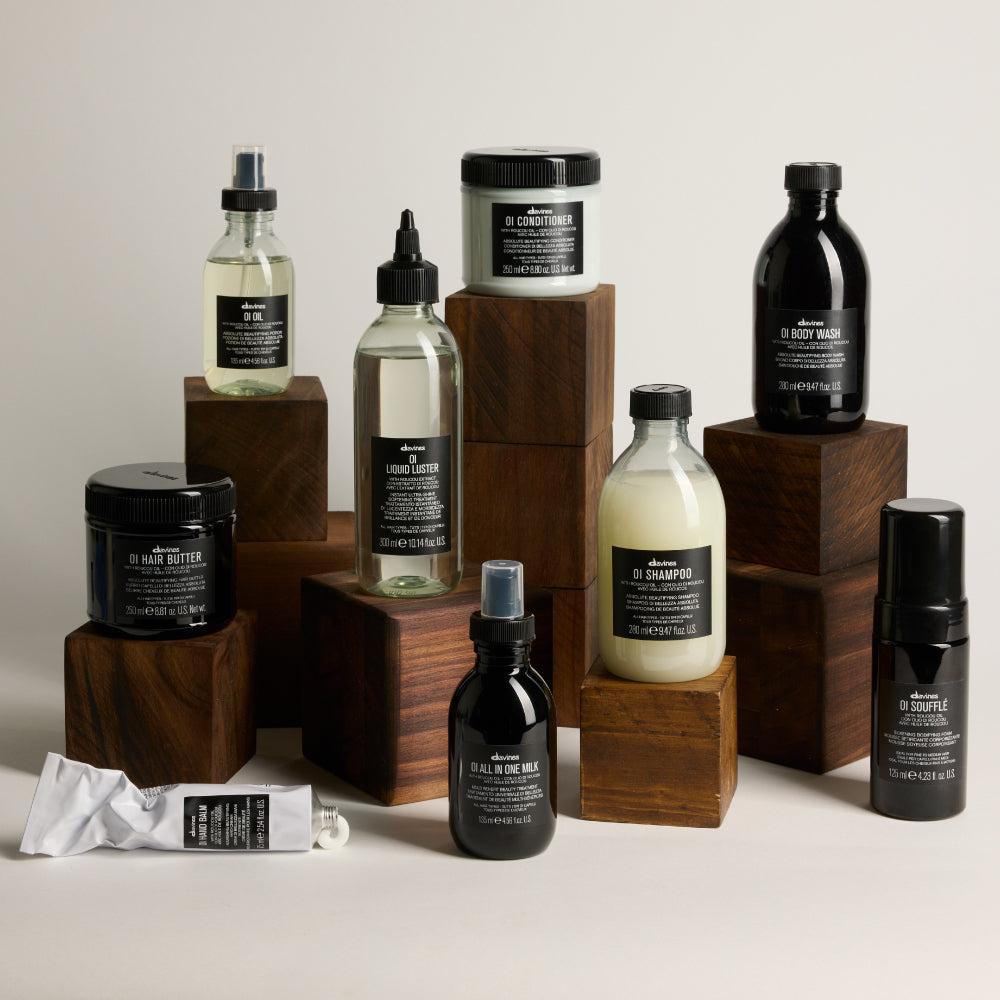

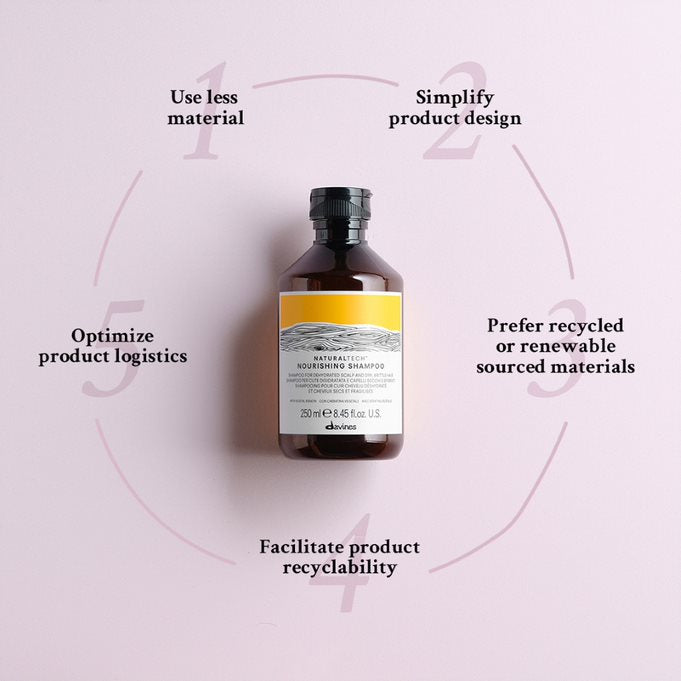
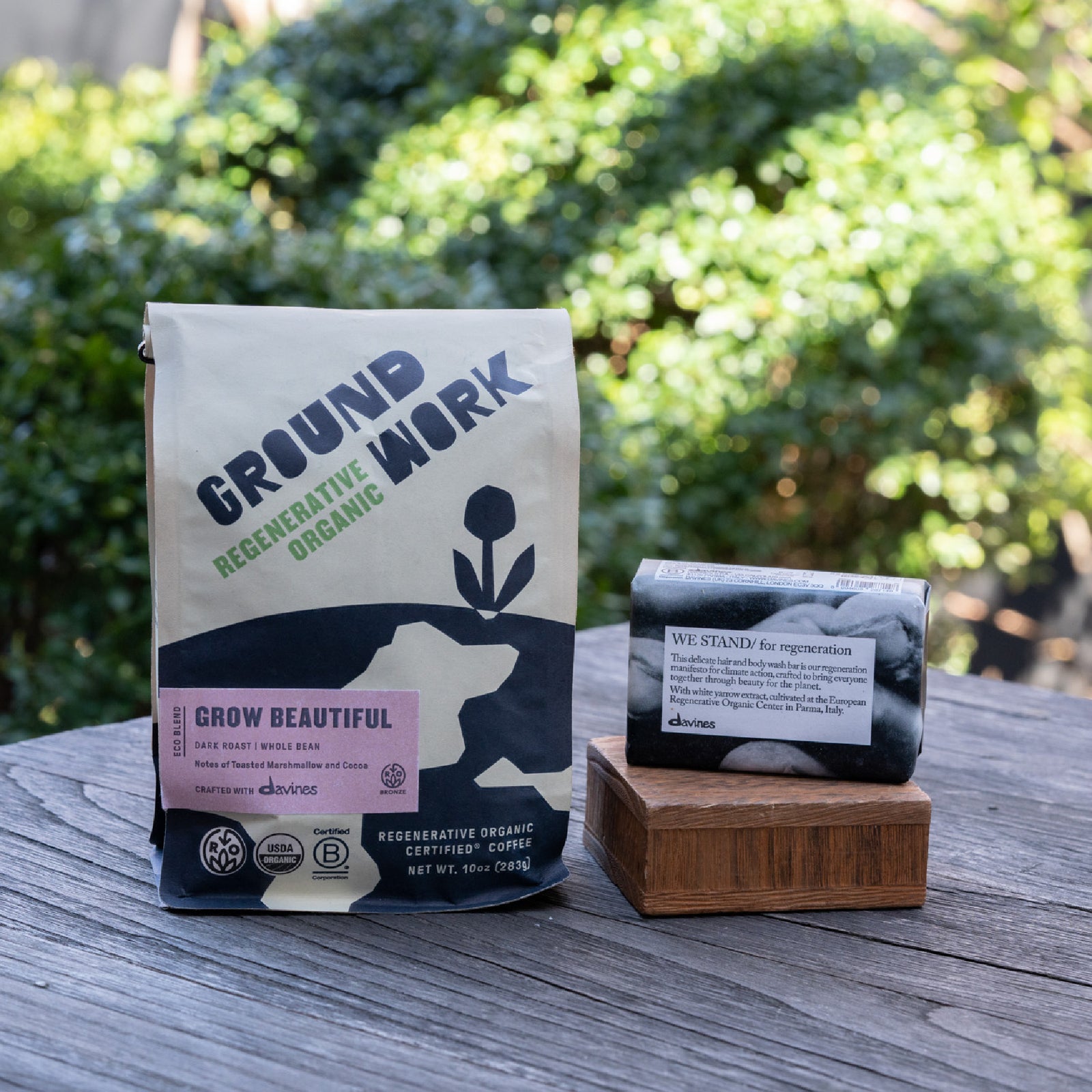
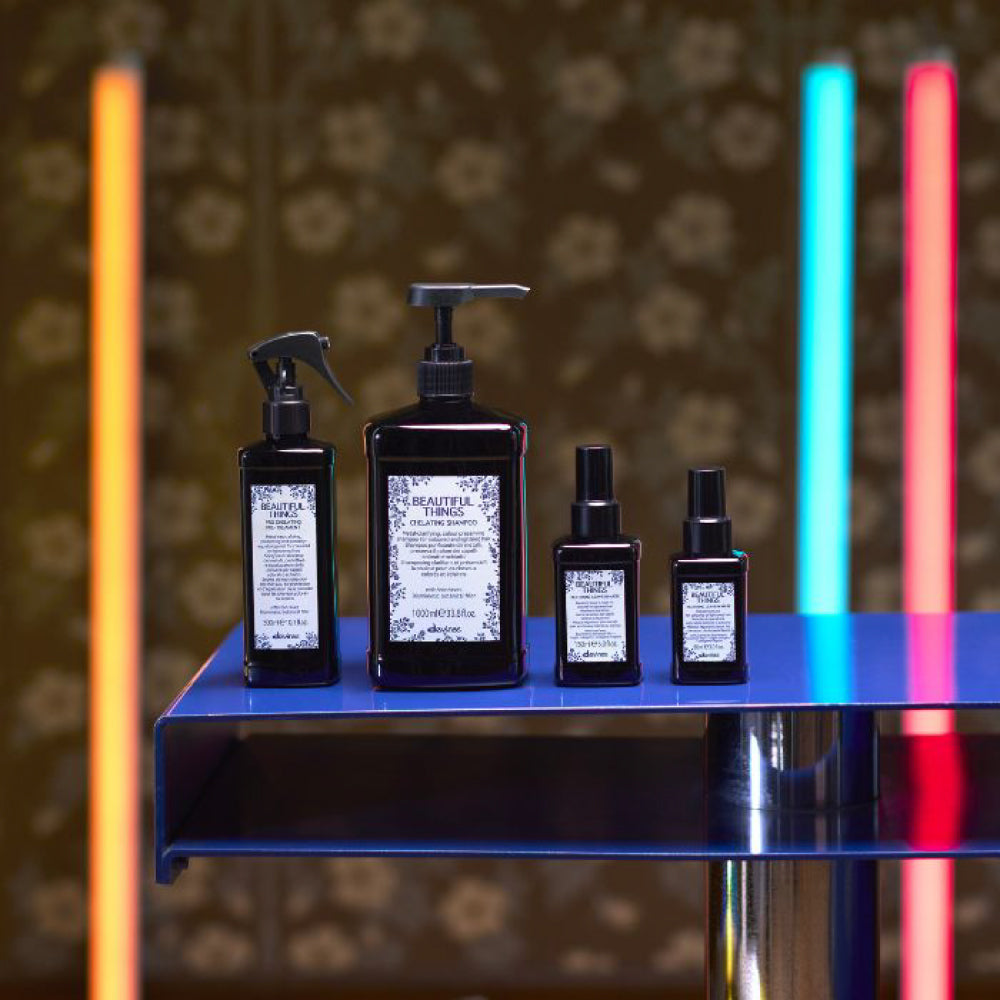

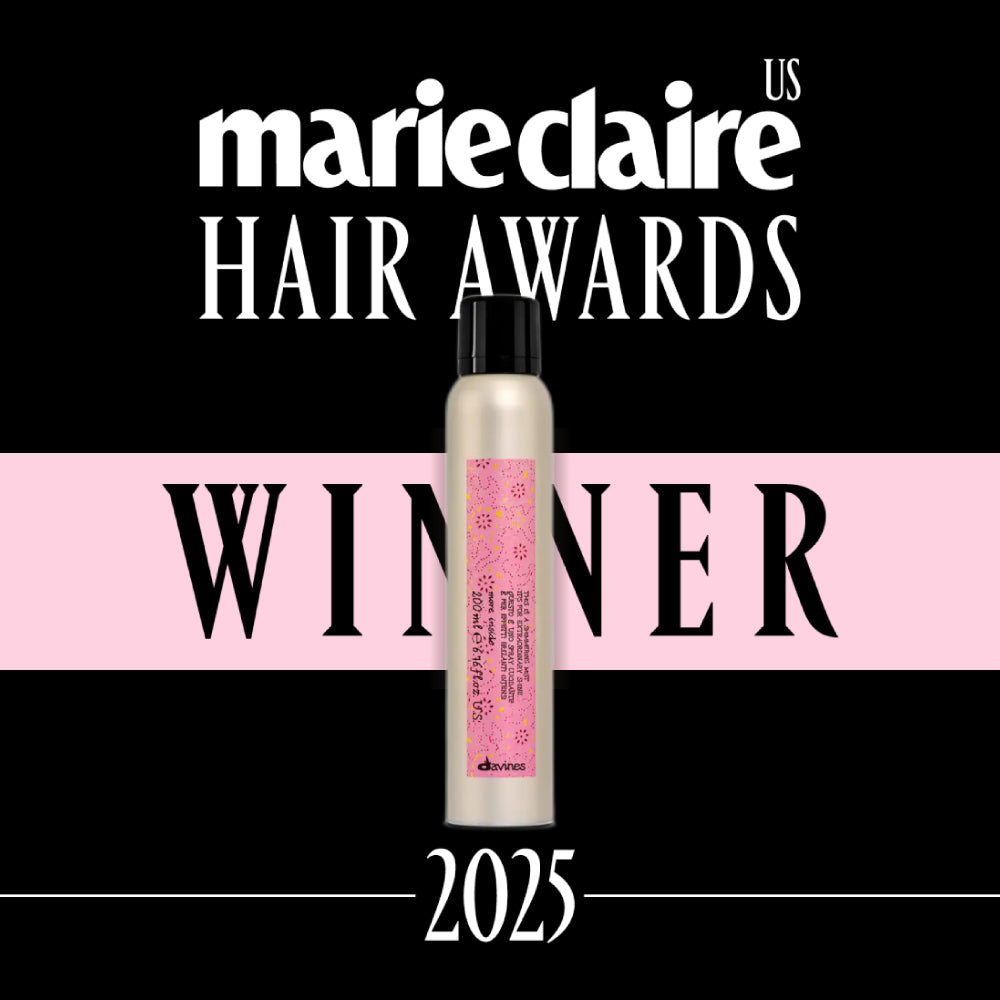
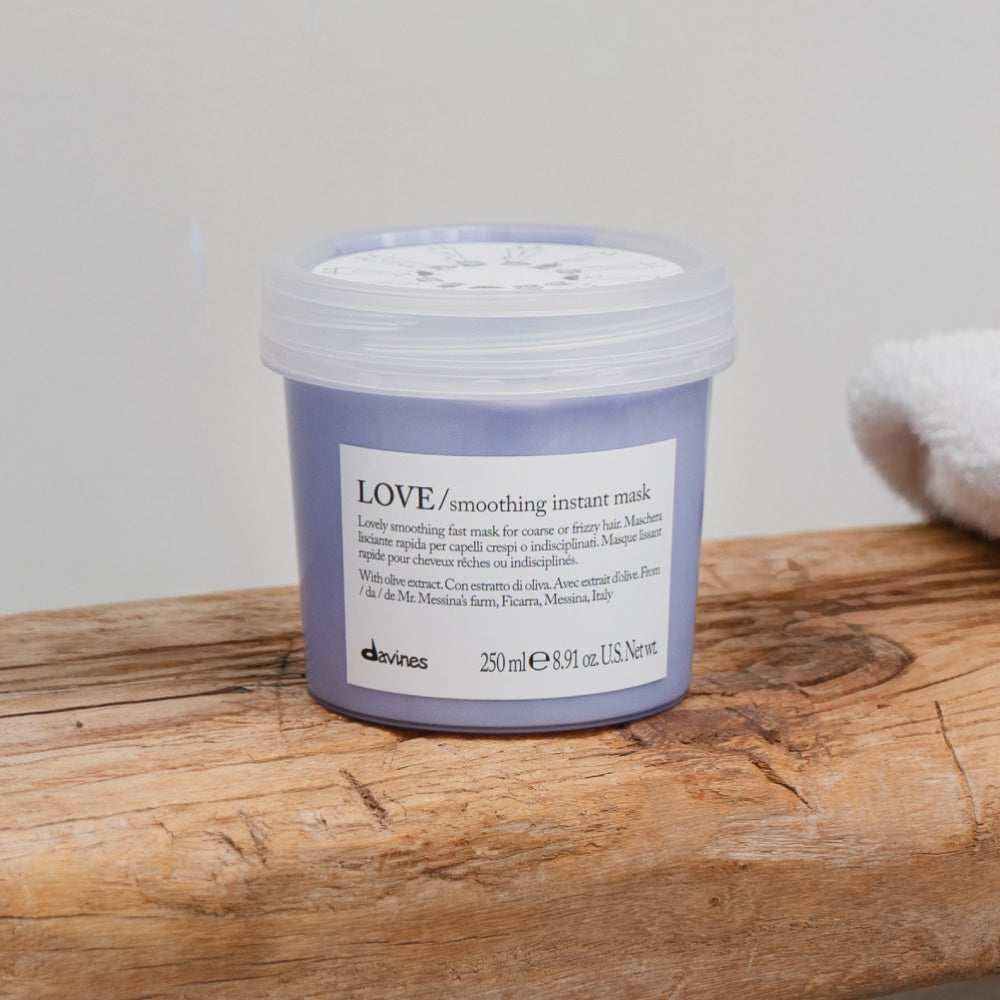



1 Comment
1 Response
Catherine DeFries
April 24, 2020
I love Davines dry shampoo it works better than any I have tried! However it is too expensive at $29 and I feel it disappears way too fast for the price!
Leave a comment
Comments will be approved before showing up.